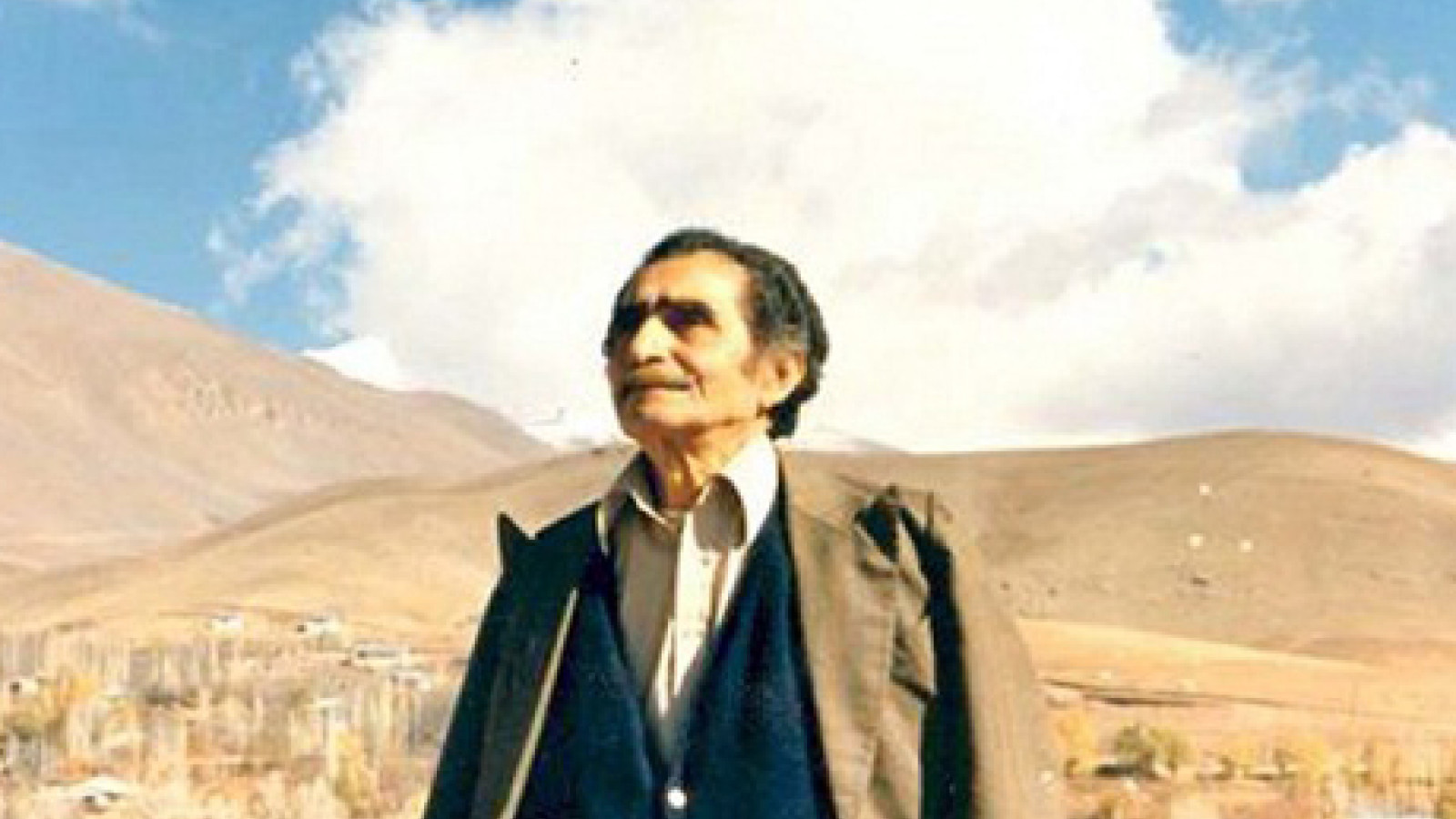
Ali-Asghar Bahari, a talented and honorable artist, was a Kamancheh player, an original and ancient instrument. He told about his birthday: “According to my father’s handwriting on the back of the holy Quran, I was born in the middle of spring 1284 SH in my father’s mansion garden in Tehran.” He spent his childhood with his father’s Gharah-Ney (a kind of clarinet) and his uncle’s Ney-Labak (a kind of flute). He went to live in his maternal grandfather (Mirza Ali Khan Bahari). His grandfather had recently got birth certification and chose Bahari, adapted from Bahar city in Hamedan province, as his family name. From then on, he and the other members of his family were called Bahari.
There, he became familiar with Kamancheh. In his grandfather’s house, not only his grandfather but also his sons were skillful players of that instrument. The band of Mirza Ali Khan and his son, Akbar Khan, Reza Khan, Hossein Khan, and Hasan Khan, was well-known for playing Kamancheh in Tehran. Ali-Asghar Bahari began to learn playing Kamancheh under the supervision of his grandfather when he was 10 and he mastered it at the age of 14. After a while, he became a member of Ibrahim Khan Mansouri’s orchestra who played music in government ceremonies. He continued until 1332 SH, when orchestra was shut down. It was not so long after his unemployment that he received an invitation from the radio station. In that time, the radio programs had just begun to broadcast and they were attractive. One day, Hossein Yahaghi played, another day, Abol Hasan Saba, and another day, other musicians. On Mondays, it was Bahari who played Kamancheh solo, and after a while, listeners started to like its sound. After he was understood of the audiences’ enthusiasm, Bahari, who was now taken by newcomer violin, decided to abandon it and play Kamancheh. Before him, people looked at Kamancheh as an improper instrument and this had led to its unpopularity. Profiting from the radio station, Bahari revived this instrument and gave returned back its true place.
Two years later, Ruhollah Khaleqi established a class for him to teach Kamancheh and consequently, there were lots of keen tutors. There were such classes in Faculty of Fine Arts in University of Tehran, too. Bahari told once: “You know that our traditional music is a kind of praying the creator. Mastering this art is not so easy at all. After 75 years of friendship and companionship to the instrument, I am ashamed to be called as a master”.
Bahari died on Khordad 20, 1374 SH.